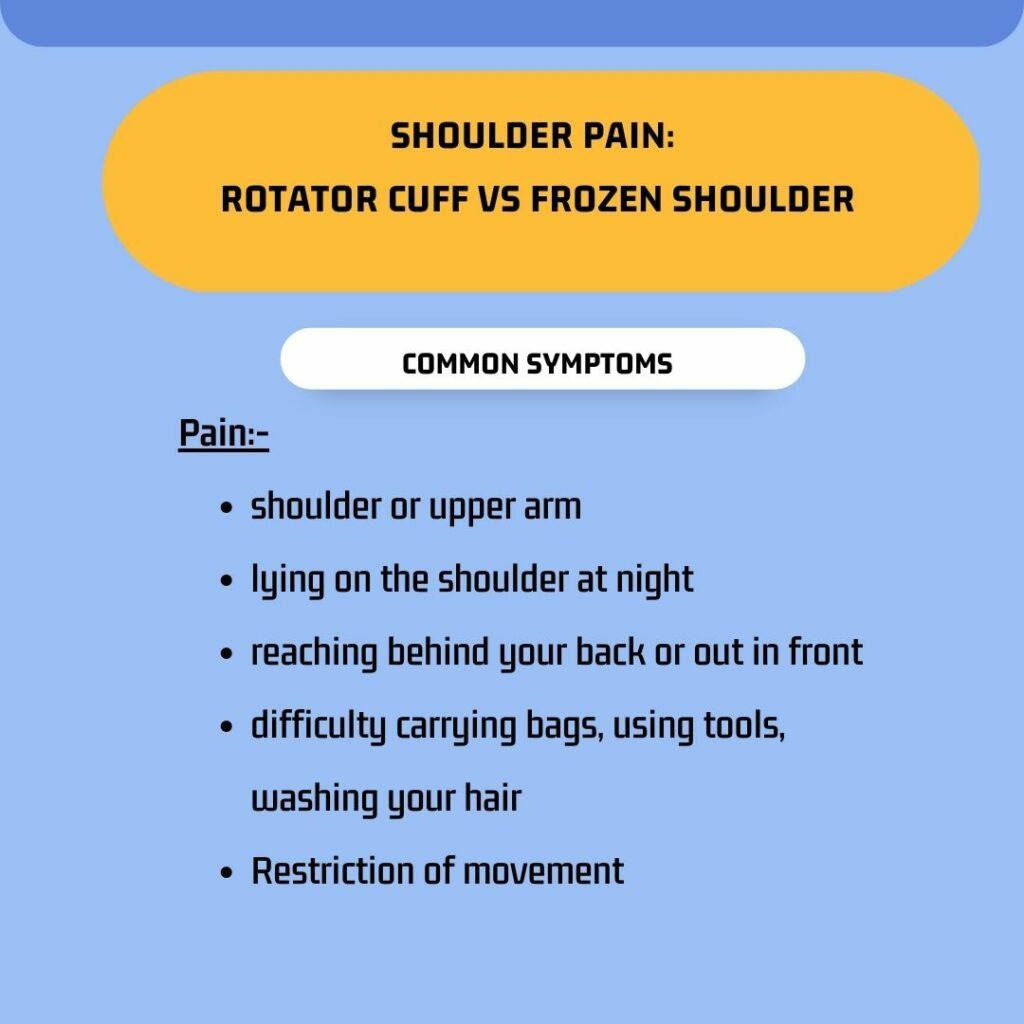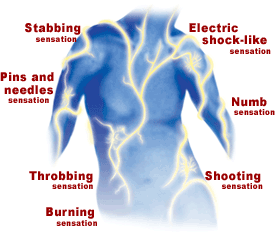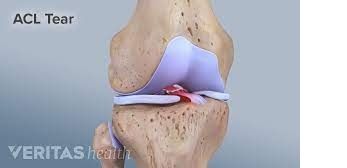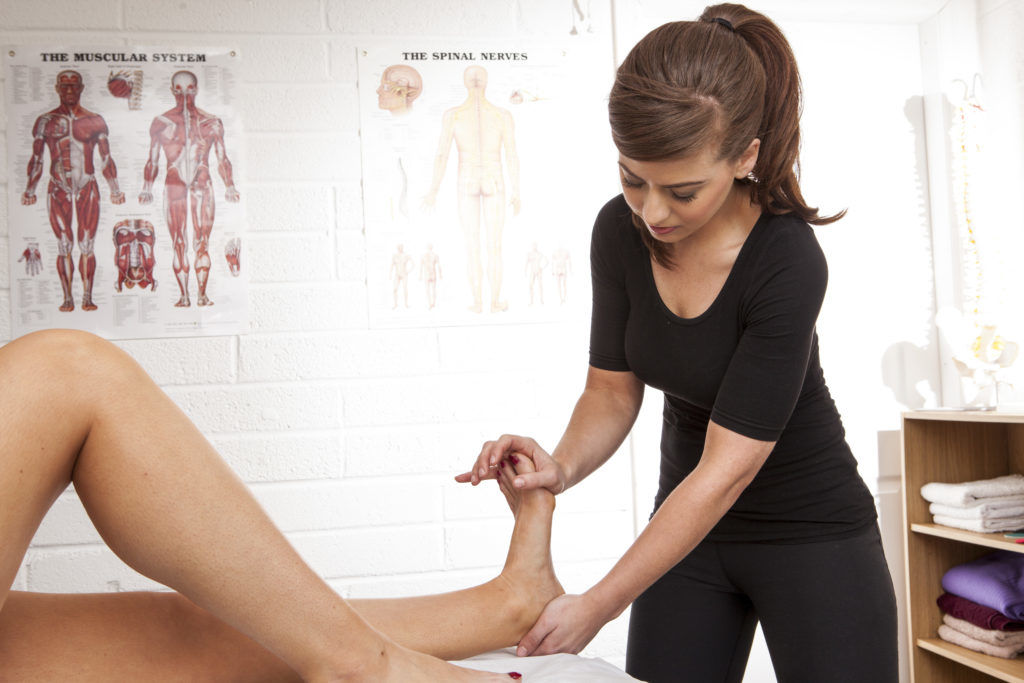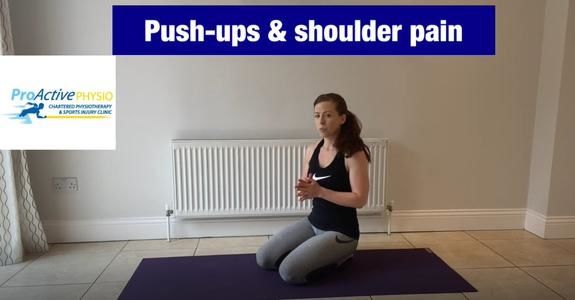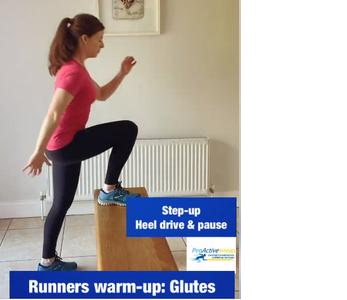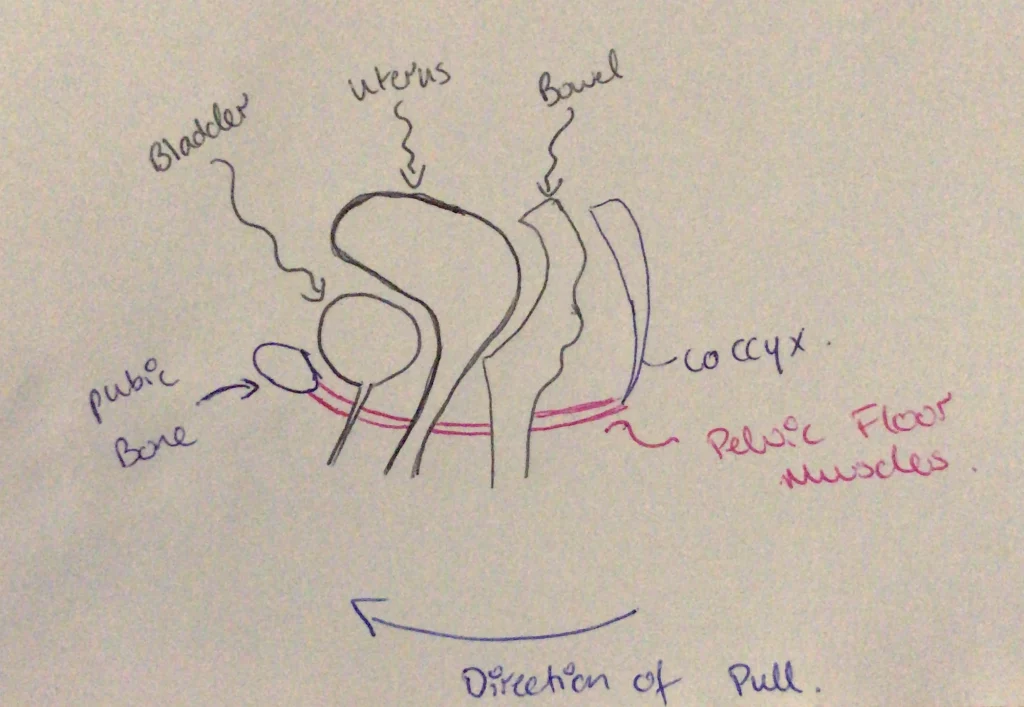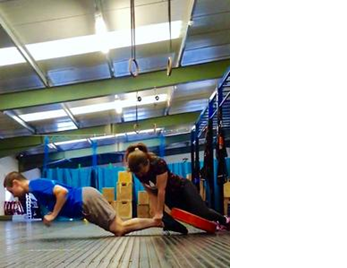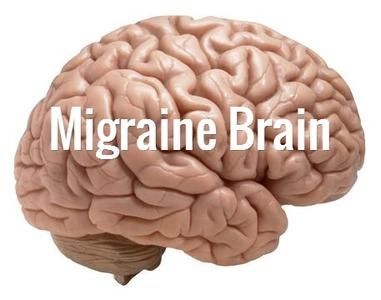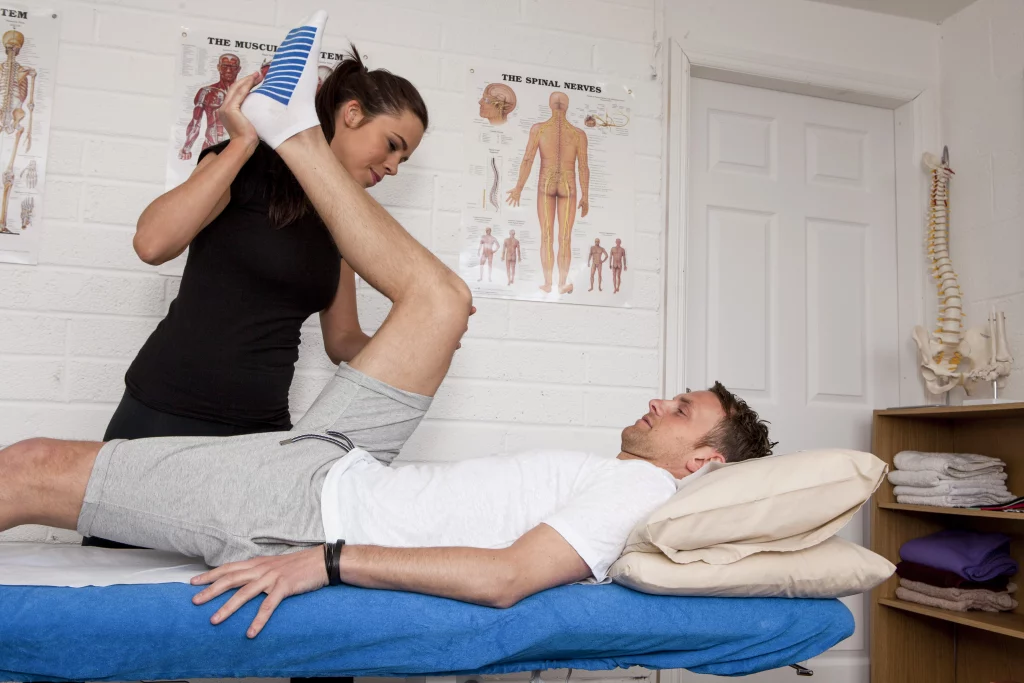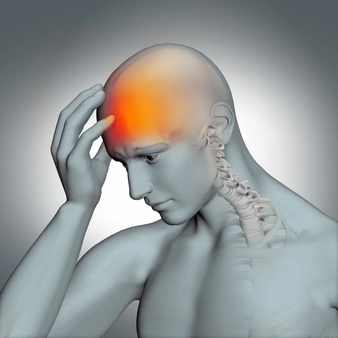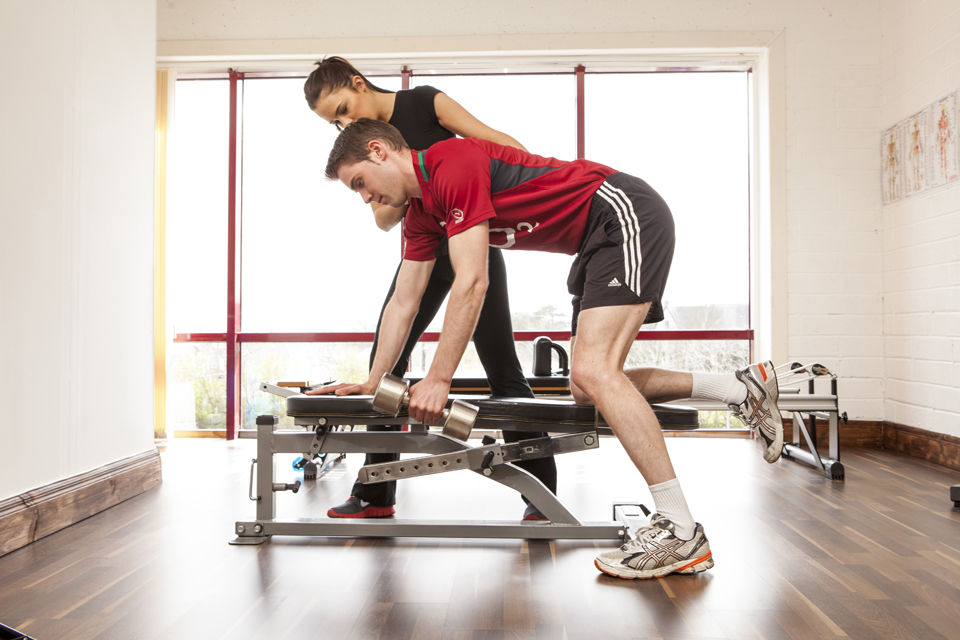I wrote an article a few months ago on my own journey through chronic back pain and have received a lot of emails and calls from people looking for advice. Back pain is very common and around 80% of people experience back pain at some stage in their life. Nearly everyone recovers and returns to normal activities within 6 weeks, however, a small number of people can go on to develop persistent back pain. Individual assessment is very important for persistent back pain, but there are some consistent pieces of advice that I give to my patients (and their families!). This advice applies to pain all over the body, from longstanding knee pain to chronic neck pain.
1. Keep moving
In the first few days of back pain, or any injury, certain movements like bending or getting up from a chair can be painful. It is normal to change how you move to ease the pain i.e. limping on a sprained ankle, however, it is crucial to get back to normal movement and walking as soon as possible. This facilitates a quicker recovery of your back and any other injury. Prolonged bed rest should be avoided as it is associated with greater disability, poorer recovery and longer absence from work. A common issue I see in persistent back pain is a fear of certain movements i.e. avoidance of bending in patients who hurt their back while bending. It is understandable to be apprehensive about returning to the movement where you injured yourself, however this strategy is very unhelpful in the long-term. It is very hard to live a normal life if you have to avoid bending your back or only bend it under very strict conditions! I often get my patients to practise bending and picking things up off the floor, without breath-holding or abdominal bracing, especially if this is what they are afraid of! The “gorilla squat” is a common exercise I use with my patients in this situation.
2. Prioritise sleep
If you are in a lot of pain it can be hard to get a lot of sleep. But herein lies the rub, there is a significant two-way relationship between sleep and pain. Poor sleep is consistently linked to persistent pain problems, like chronic back pain, fibromyalgia and headaches. Inadequate sleep appears to have a role in sensitising the nervous system which results in continued or increased pain. Additionally, the most common consequence of a night of decreased sleep is decreased mood. Mood influences our ability to cope with pain or injury and may also have a role in increasing our sensitivity to pain. If you are going through pain or injury, prioritising your sleep can play an important role in your recovery.
3. Stress makes you sick (and more sensitive to pain)
I think we all acknowledge that increased stress can make us sick, i.e. cold sores, stomach pain, even heart attacks. Mental and emotional stress affect our body as much as our head. Pain weaves its way into this system. In times of high stress, or sometimes after the stressful event, your body can be more sensitive to pain. Activities that didn’t previously cause pain, now cause pain or you feel extra sore after doing them i.e. sitting at your desk, gardening, sometimes even exercise. If you can grasp this, you win the back pain game: Stress sensitises your whole body and you can feel more pain, even though your joints, muscles, ligaments are structurally the exact same. Another link in this system is our close friend anxiety. We can fear the worst and catastrophise on how bad it is going to get and that we will never return to normal life and maybe you will need a stick and never be able work again and the pain will never end and lifting is dangerous and you knew you shouldn’t have done that movement and it’s all your fault and it will never get better. STOP!! This is castrophising and this makes your pain worse. When, or if this happens, you need to get out of your own head and talk to a trusted healthcare professional who treats back pain. This leads me into my next point.
4. Address your fear
Fear is powerful. Fear just won the US presidential election! Fear is a unique primitive emotion that drives protective behaviour. In the context of back pain, the fear of future pain and the consequences of long-term back pain will compound your problem and potentially add to your suffering. I already discussed how the fear of bending can delay your recovery. Another common belief or fear I hear from patients is that discs or joints are popping in and out of place. I’m not usually this blunt in the clinic but…that is a load of nonsense! Discs and joints don’t pop in and out. Your spine is inherently stable and things like disc bulges are extremely common in every human being not just those with back pain. Trying to reason with your own fear, in your head, is tough work. If you have a fear that your back is unstable or liable to “slip a disc”, please talk to your physiotherapist who will listen to your fears, provide up to date information on spine and pain research and guide you through a movement based rehab program.
5. Make time for things you enjoy
This is probably just general life advice but something I believe is very important. Why do you want to recover from pain or injury? What do you want to return to doing? Sometimes it’s the unglamorous but essential life stuff like pulling wet clothes out of the washing machine without pain, but most people have an activity they enjoy. Discuss with your physiotherapist exactly what you would like to return to doing, even if your friends and family think you should stop that sport or activitiy. When you can identify what is important to you, this will guide you through the rehab process and make certain exercises or behaviour changes more meaningful. Recovery from back pain can be slow, emotional and sometimes painful. The road is littered with myths and pseudoscience. It is fueled with powerful emotions such as fear, stress and anxiety. It is complex, but as physiotherapists we are doing our best to piece together the best research and clinical knowledge, so you can solve this puzzle. Please help us spread the word!
Michelle Biggins
Find me on Instagram Twitter Facebook
Snapchat @michellebiggs


